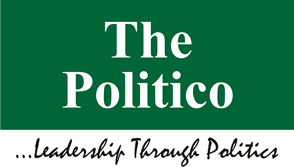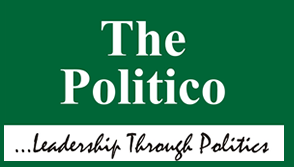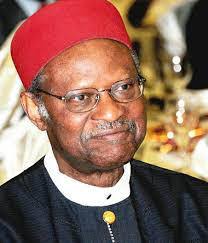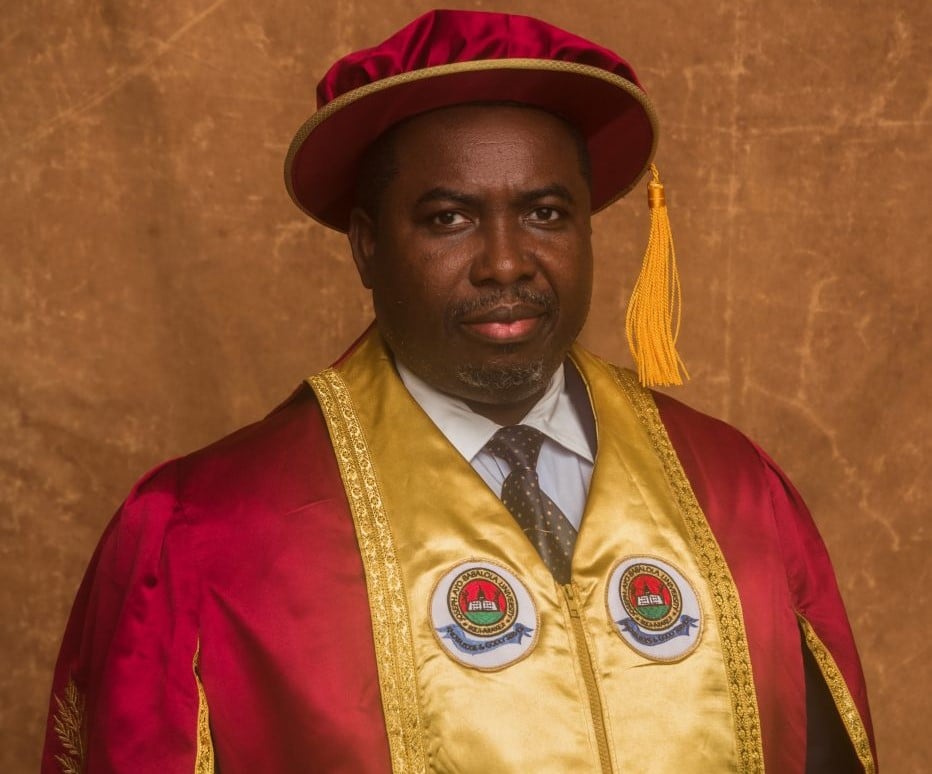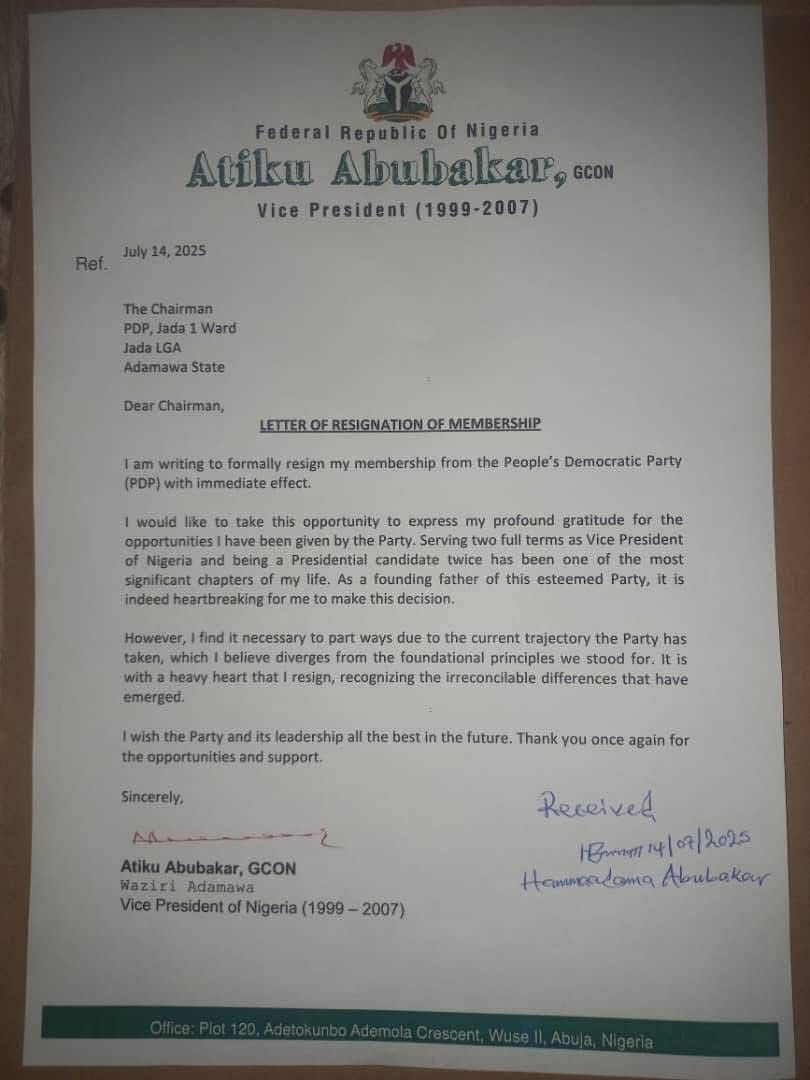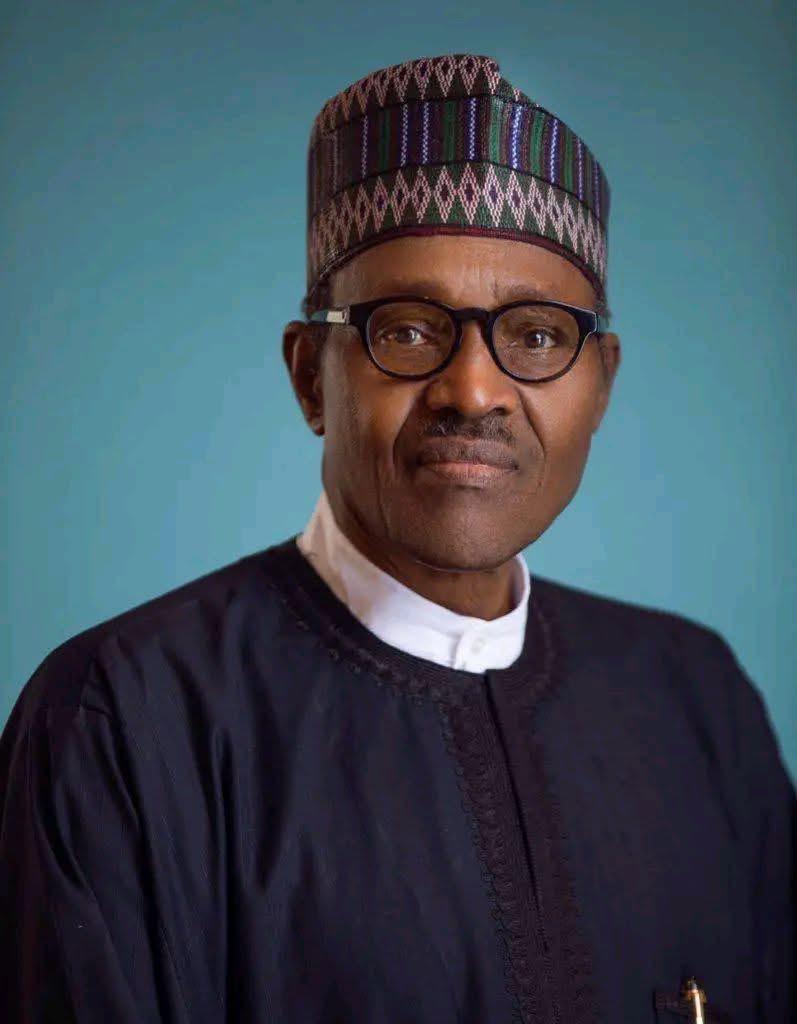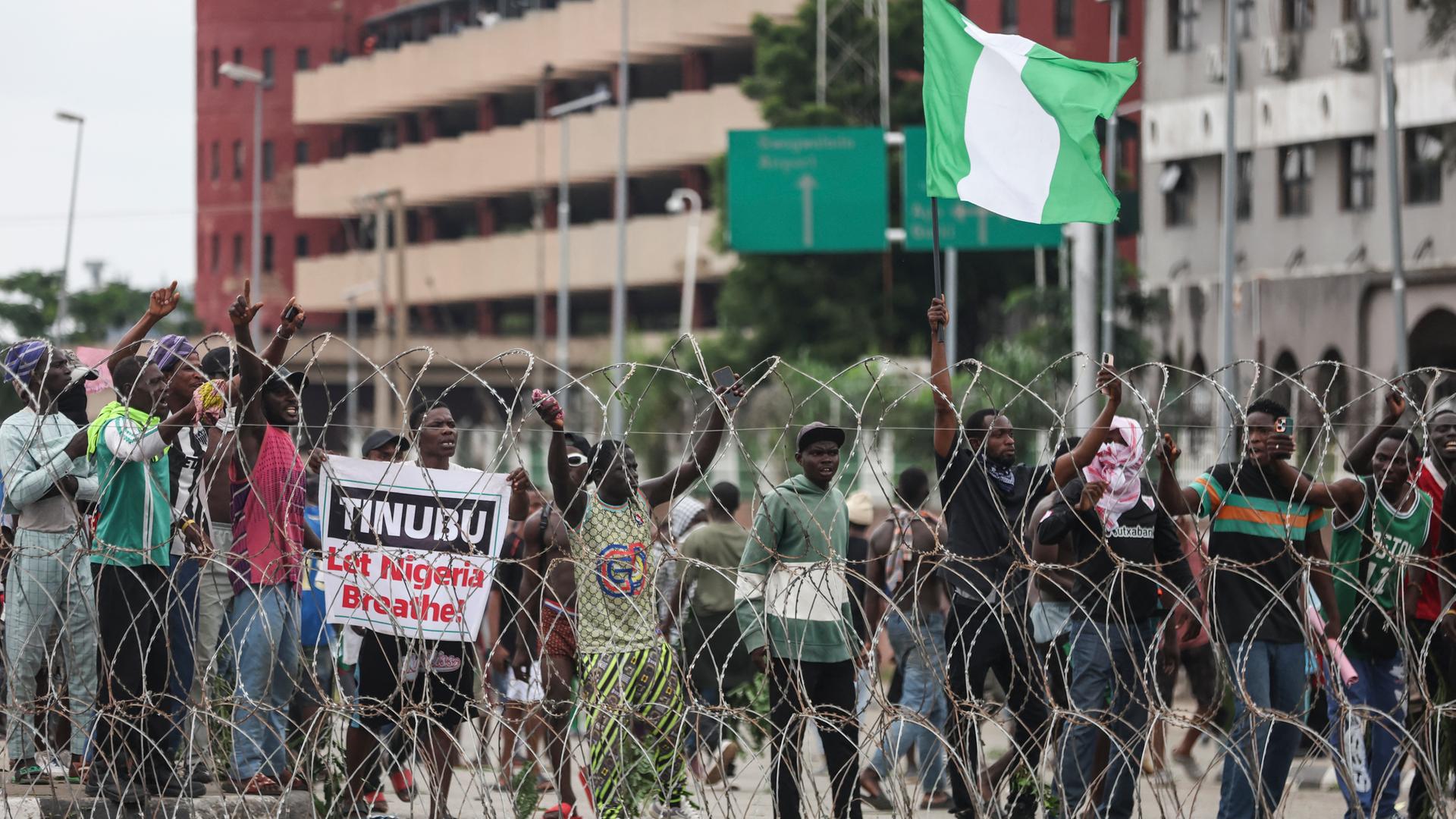The Patriots, a group consisting of senior figures, intellectuals, and civic leaders in Nigeria, led by Chief Emeka Anyaoku, GCON, former Secretary-General of the Commonwealth, together with the Nigerian Political Summit Group (NPSG), organized a two-day National Summit focused on the future of Nigeria’s constitutional democracy.
The Summit took place on 16 and 17 July 2025, at the Congress Hall of the Transcorp Hilton Hotel, Abuja, and the Nicon Luxury Hotel, Abuja, respectively.
Summit delegates included representatives from civil society, academia, ethnic groups, Nigerians abroad, professionals, faith-based organizations, traditional and religious leaders, youth and student groups, market traders, security experts, the private sector, and people with special needs nationwide.
The Summit addressed the fundamental and systemic issues facing Nigeria and its varied population. Discussions at the National Summit emphasized the pressing need to advance the nation by establishing an inclusive, democratic Constitution for the Federal Republic of Nigeria.
The Summit noted that the 1999 Constitution was not established through a process of broad public involvement. It identified several issues within the current constitutional frameworks, including the shift toward a unitary system rather than federalism, leadership challenges, and limitations in governance linked to political structures and institutions. Other concerns highlighted were changes in citizenship engagement, rising poverty and inequality, concerns about peace, unity, and development, as well as perceptions of insecurity.
The discussion also referenced transparency, accountability, regional security matters, instances of sectional, ethnic, and religious conflicts affecting national cohesion, infrastructure deficiencies, economic management issues impacting human capital and environmental stewardship, and adaptation strategies related to climate change vulnerability in Nigeria.
The resolutions outlined below reflect the consensus established at the National Summit, presenting well-defined, constructive, and principled solutions to Nigeria’s significant constitutional and governance challenges:
Urgent need for new a Constitutional order
The Summit concluded that the amended 1999 Constitution is flawed, unrepresentative, and insufficient for Nigeria’s diverse needs. Delegates called for a new, inclusive Constitution based on true federalism to better address the country’s pluralism and challenges.
Demand for Constituent Assembly
To implement the agreed constitutional reforms, delegates proposed that the President introduce an Executive Bill to the National Assembly empowering INEC to organize elections for a national Constituent Assembly. This Assembly would include both non-partisan elected delegates and representatives of special interest groups.
Referendum
The Constituent Assembly is tasked with developing a people’s democratic Constitution, which will be presented to the Nigerian public in a referendum for approval prior to being submitted to the President for assent.
Return to genuine federalism
The Summit advocates for the prompt establishment of a constitutional framework that will restore Nigeria to an authentic federal system, granting federating units autonomy comparable to that which existed during the First Republic and in other established democracies worldwide.
Federal System of government
The Summit concluded that the existing presidential system of government is financially burdensome, susceptible to misuse, and represents an obstacle to public welfare as well as a significant risk to the future of democracy in Nigeria.
Geographical restructuring
Based on the resolutions outlined above, the Summit recommended restructuring the current six geopolitical zones to support a federal system of government.
Devolution of Federal powers
The existing political structure is characterised by a significant concentration of authority at the centre, particularly within the office of the presidency. Reducing this centralisation could help mitigate autocratic tendencies and promote effective inter-institutional checks and balances. As such, it is recommended that powers be devolved from the central government to the federating units.
Legislature
The Summit concluded that maintaining a bicameral federal legislature imposes unsustainable costs on Nigeria. Accordingly, the Summit recommends the adoption of a more efficient and cost-effective legislative framework.
Administration of justice
Delays in the centralized court system have led to persistent case backlogs. The summit recommends that each federating unit establish its own courts up to the Court of Appeal, with the Federal Supreme Court limited to major constitutional and federal disputes. Additionally, special courts should be created for cases like elections, corruption, and terrorism.
Appointment of Non-politically Partisan Attorney-Generals
The Summit recommends that the offices of the Attorney-General of the Federation and the Minister of Justice, as well as those of the Attorney-General and Commissioner for Justice at the state level, be separated. This separation would facilitate the appointment of Attorneys-General who are not politically partisan.
Electoral reforms
Free, fair, and credible elections are essential to democracy, yet voters’ control has declined due to costly, fraud-prone processes. Billions of Naira go toward electoral logistics, while courts often decide leaders. The summit recommends holding all elections on a single day—citing Brazil and Ghana as examples—to cut costs and reduce fraud. It also calls for amending the Electoral Act and Constitution to mandate BVAS and real-time electronic transmission of results.
The new Constitution should allow independent candidates to contest elections without party affiliation. The summit recommends that anyone elected on a party platform who defects to another party before their term ends should immediately lose their seat and office.
Cost of governance
Cost reduction remains a proven approach to addressing bankruptcy. The current quasi-federal system is excessively large and difficult to manage, requiring significant resources to operate. This structure frequently results in expanded bureaucracies and complex political frameworks at both the state and federal levels.
Number of Ministers and Political Appointees
The Constitution should limit ministers, commissioners, special advisers, and similar positions to prevent bloated government. Ministries at federal and regional levels should be capped at 15 each, with departments and agencies reduced to a quarter of their current number.
Corruption & breach of public trust
Corruption and impunity persist in Nigeria due to governance failures and flaws in the 1999 Constitution, which centralizes power and is often exploited by officials. The Summit emphasized that real deterrents—such as certain arrest, an impartial judiciary, and strict punishment—are lacking and routinely bypassed. To address corruption, the Summit called for a comprehensive overhaul of the police and court systems to ensure fair justice.
Citizens’ rights/Empowerment initiatives
The United Nations reports that over 20 million Nigerian children are out of school and more than 130 million Nigerians experience multidimensional poverty. Nigeria faces severe infrastructure deficits across sectors like roads, transport, electricity, housing, water, and sanitation (World Bank 2024). Addressing these challenges requires comprehensive reforms, which a people’s Constitution could help guide.
Women and Other Groups
The Summit recommends that the new Constitution include strong protections for socio-economic and political rights like education, security, and employment. It also urges the inclusion of women, youth, people with special needs, and minorities in governance and nation building, and calls for gender equity in citizenship by marriage and explicit safeguards against abuse and discrimination of women and girls.
Nigerians in Diaspora
Nigerians living abroad, estimated at over 15 million, are currently unable to vote despite their significant economic contributions through remittances. The Summit calls for a legal framework to secure their right to participate in elections.
National security architecture & strategy
The breakdown of security has resulted in thousands of deaths and displaced over 3 million Nigerians, with more than 10 million affected by attacks from non-state actors. These events have severely impacted lives, livelihoods, and businesses.
According to the National Bureau of Statistics (NBS), 614,937 Nigerians were killed between May 2023 and April 2024. Nigeria’s porous borders have worsened insecurity by allowing weapons trafficking from North Africa through Niger.
The United Nations Office on Drugs and Crime (UNODC) reports that there are over 350 million arms and ammunition illegally circulating in Nigeria, making the country the biggest trans-border market for illicit arms in Africa.
The Summit recommends creating border and coastal security guards to assist existing forces, as well as introducing community-based border policing through new legislation. The Summit also affirmed the need for equity in statutory rotation of headship of national security agencies among the sub-nationals.
Secularity/Religion
The Summit agreed that Nigeria will remain a secular state, and all levels of government must uphold this principle.
Sub-national Police
The Summit recommends establishing a legislative framework to allow for the creation of state police to address internal security concerns across the geopolitical zones.
Federal/Sub-national Constitutions
In a federal system, federating units may have significant constitutional autonomy. During the First Republic, the three (and later four) regions each had their own constitutions in addition to the Federal Constitution. The Summit recommends including this provision in the new Constitution as part of efforts to address the current structure of governance.
True Fiscal Federalism
The summit recommends that the new Constitution include provisions for fiscal federalism and resource control, considering that various regions of Nigeria possess natural resources.
